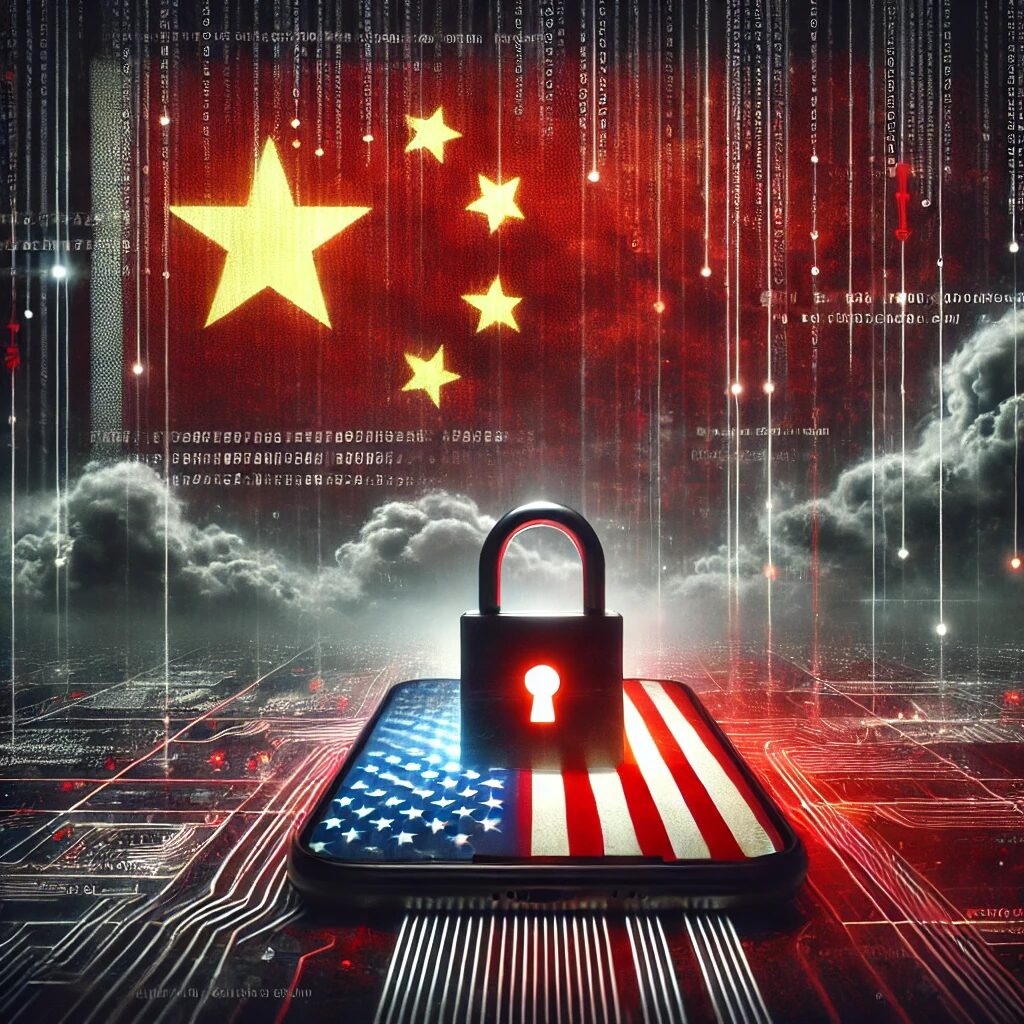Recent reports have revealed yet another alarming cyberattack allegedly conducted by Chinese state-sponsored hackers. This time, the attackers targeted phone calls and communications belonging to very senior political figures, according to a U.S. official cited by Reuters. This escalation of cyber threats demonstrates how high-value individuals are increasingly in the crosshairs of sophisticated nation-state actors, underscoring the critical need for stronger digital security measures.
The Latest Attack: High-Level Targets Under Siege
The Reuters report highlights the troubling nature of this attack, where the focus shifted to intercepting the calls and communications of senior political figures. The specifics of the breach are not fully disclosed, but the intent is clear: to gather intelligence, compromise sensitive conversations, and potentially influence global political dynamics. State-backed cyberattacks of this magnitude pose risks not only to individuals but to national security as a whole.
This incident follows the broader trends seen in recent attacks like Salt Typhoon (covered in my previous post), where large-scale breaches targeted telecommunications infrastructure. The same vulnerabilities exploited to access millions of users’ data can also be weaponized against prominent figures. These events highlight a disturbing reality: no one is immune to cyber espionage.
Why End-to-End Encryption Matters More Than Ever
The latest revelations reinforce the need for individuals—especially those in positions of power—to adopt end-to-end encryption (E2EE) for their communications. As discussed in my earlier post, E2EE ensures that only the intended sender and recipient can access messages, calls, or sensitive data. Even if attackers intercept the data, the encryption renders it unreadable without the necessary decryption keys.
Senior political figures, executives, and other high-value individuals are prime targets for nation-state hackers. Adopting encrypted platforms like Signal or WhatsApp is no longer optional; it is a necessity.
Practical Steps to Secure Communications:
- Use End-to-End Encrypted Apps: Platforms like Signal, WhatsApp, and iMessage should be the default for all sensitive calls and texts.
- Avoid Unsecured Networks: Public Wi-Fi networks are easy targets for interception.
- Implement Multi-Factor Authentication (MFA): Strengthen access to devices and apps with additional verification steps.
- Regular Software Updates: Ensure all systems and apps have the latest security patches.
A Wake-Up Call for Leaders and Organizations
This latest incident targeting senior political figures is more than just a headline—it’s a wake-up call for governments, businesses, and individuals. Cyber threats are evolving, and state-backed actors have the resources to exploit vulnerabilities on a massive scale. High-profile individuals and organizations must prioritize cybersecurity as a core element of their operations.
Moreover, the same tools used to secure the communications of high-level leaders are available to everyone. Whether you are a political figure, a business leader, or an everyday consumer, protecting your communications with encryption is an essential step toward ensuring your data remains private and secure.
Closing Thoughts
The targeting of senior political figures in this latest attack demonstrates the far-reaching implications of weak communication security. As with the Salt Typhoon incident, these breaches reveal how critical it is to adopt encrypted solutions to safeguard personal and professional communications.
Let’s take this as a reminder: encryption is no longer optional; it’s mandatory in the face of evolving cyber threats.
Call to Action: Are you using encrypted platforms for your personal or professional communications? If not, what’s holding you back? Share your thoughts and experiences in the comments below.

Leave a Reply